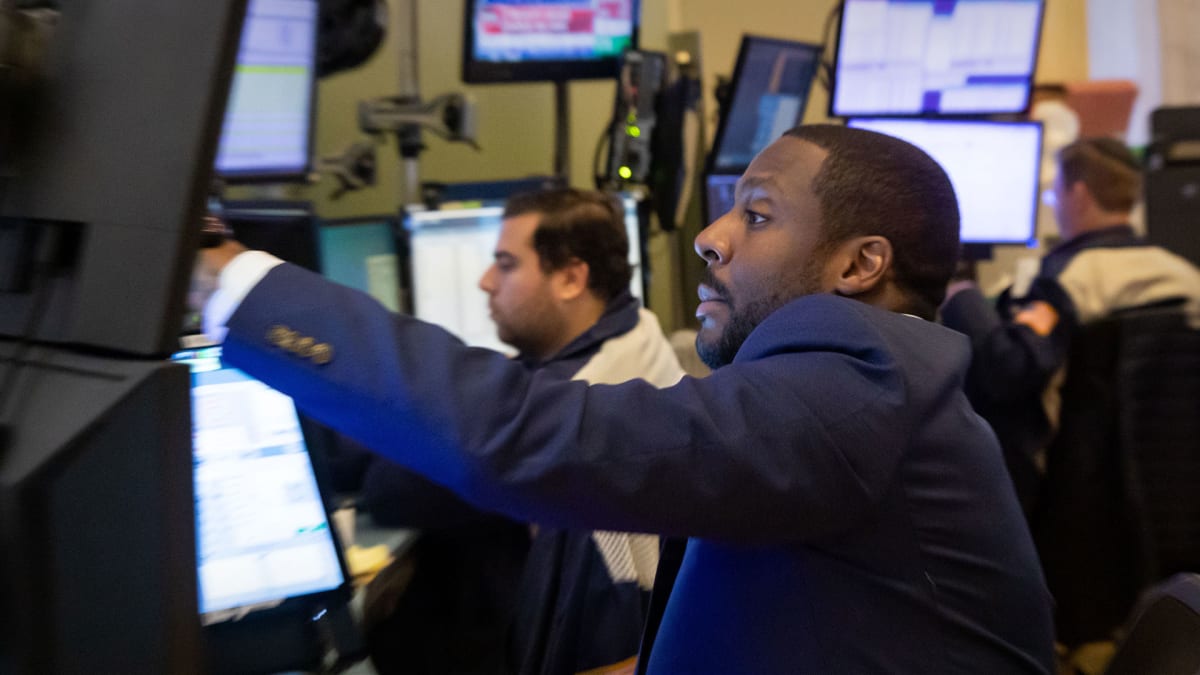
Stocks finished sharply Friday as investors worry that weakening economic growth prospects set against hawkish central bank rate signals will continue to pressure stock markets around the world.
Economic activity remained muted in Europe this month, with PMI data from S&P Global Markit Intelligence indicating a sixth consecutive month of declines that suggest an increased chance of recession in the world's biggest economic bloc.
The data following a stern warning from European Central Bank President Christine Lagarde Thursday that interest rates will need to rise "substantially" in order to tame an inflation wave that looks set to accelerate again next year, thanks in part to elevated energy prices and a weakened euro.
In the U.S., the Federal Reserve has also warned that its benchmark Fed Funds rate will need to rise to around 5.1% next year, and remained elevated until early 2024, as inflation pressures continue to work their way up from the labor market.
The prospects of central bank tightening into a recessionary environment has investors scrambling to re-set price assumptions for both major stock indices and individual companies, as pressure on corporate earnings forecasts mounts following a weaker-than-expected reading for November retail sales on Thursday and data indicating weakness across several manufacturing sectors.
"The equity market is now factoring in a recession, and rejecting the possibility of the 'soft/softish'' landing mentioned recently by Powell at the Brookings Institute," said Quincy Krosby, chief global strategist for LPL Financial. "The 10-year Treasury yield has fallen below 3.5% suggesting a growth scare. The yield curve inversions continue to shout recession."
"The tug-of-war between the Fed and the markets is squarely on the market’s side: the slowdown is not 'transitory', and the Fed will be forced to act before 2024," he added.
Treasury bond yields continue to flash recession warnings with 2-year note yields edging to 4.191% in late afternoon trading, a level that's around 72 basis points north of 10-year notes, which traded at 3.486% at the end of the New York session.
The CBOE's Vix index, a key market volatility gauge, was marked 2.15% lower in the morning trading session at 23.32points, a level that suggests daily swings of around 56 points for the S&P 500.
The S&P 500 finished down 1.12%, while the Dow Jones Industrial Average slumped 282 points, or 0.85% to 32,920, and the tech-focused Nasdaq fell 0.97%.
Global stocks were also weaker, with Japan's Nikkei 225 falling 1.87% to close at a three-month low 27,527.12 points while the region-wide MSCI ex-Japan index fell 0.6%.
In Europe the Stoxx 600 closed 1.2% lower in Frankfurt, rounding out a negative move for the week, while the FTSE 100 was down 1.27% in London.







